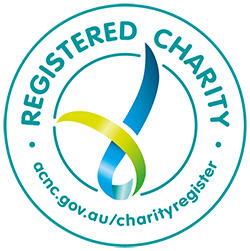WANT MORE INFORMATION?
If you’d like to learn more about the Fearless Women programs and support we provide or how you can get involved, we’d love to hear from you.
Want your school to be involved?
If you’re a teacher and you’d like to arrange for us to visit your school, we’d love to hear from you.
Menu

Reach Out
0481 576 507
Level 1, 17-21 University Ave
Canberra City 2601
Postal: GPO Box 1390
Canberra ACT 2600
ABN: 64 668 702 471
Association No.: A06199
Need after Hours Help?
Acknowledgement
Fearless Women acknowledges the Traditional Owners and Custodians of Country throughout Australia and acknowledge their continuing connection to land, waters and community.

